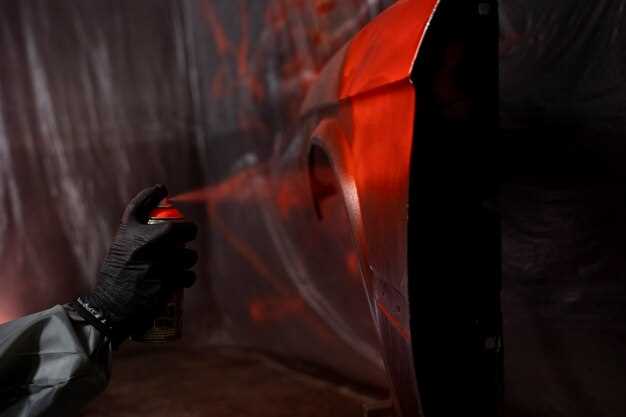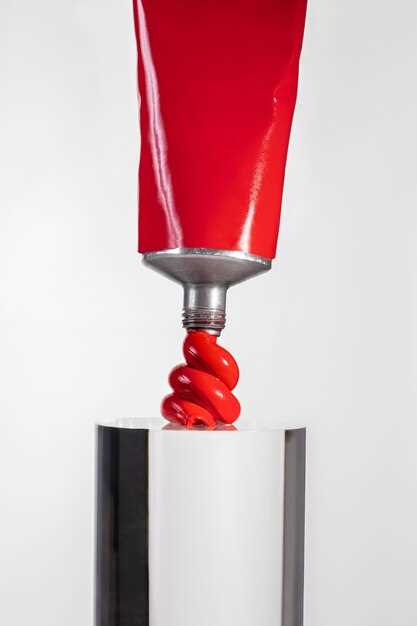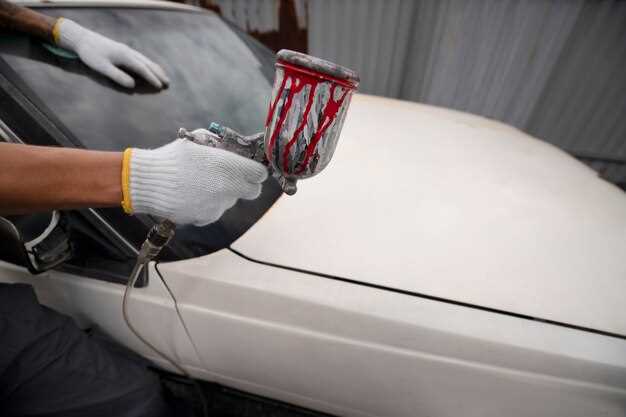
When considering the purchase of a used vehicle, a freshly painted car can evoke mixed emotions for a potential buyer. On one hand, a new coat of paint can enhance the visual appeal of a car, masking any cosmetic blemishes. However, it is imperative to approach this scenario with caution, as it may also signal underlying issues that could affect the vehicle’s value and performance.
In recent years, the automotive market has seen numerous instances where a fresh paint job is not just about aesthetics but rather a cover-up for significant problems. These issues can range from severe accidents to rust and frame damage. As a buyer, recognizing these potential red flags is essential in making an informed decision and avoiding costly mistakes. Understanding the motivations behind a car’s new paint can provide invaluable insight into its history and overall condition.
Identifying Signs of Poor Repair Work

When considering the purchase of a used vehicle, buyers should be aware that a freshly painted car may not always indicate a quality repair. In fact, it can sometimes signal underlying issues related to poor repair work. One of the first red flags to look for is uneven paint application. If certain areas appear glossier or reflect light differently than others, it could suggest hasty or subpar repainting efforts.
Another warning sign is the presence of overspray. This occurs when paint unintentionally lands on parts of the car that should remain untouched, such as rubber trim or windows. Recent overspray can indicate a careless repair job, possibly done without proper preparation or masking.
If you notice paint drips or runs, this is a clear indicator of inadequate technique. Skilled bodywork requires precision; therefore, irregularities in the finish are symptomatic of rushed or unprofessional efforts. Additionally, check for paint thickness. Inconsistencies in thickness can suggest that different layers were applied improperly, which can lead to peeling or fading over time.
Finally, it is crucial to investigate the vehicle’s history. A car with multiple reported accidents may have undergone repairs that compromise its structural integrity. Buyers should ensure that any repairs were conducted by reputable professionals with verifiable experience. In conclusion, while a recently painted car may appear appealing at first glance, it is essential to scrutinize these signs to protect yourself from potential future complications.
Understanding the Reasons for Recent Paint Jobs

When considering a vehicle purchase, a freshly painted car can raise concerns about its history and overall condition. Here are some common reasons for recent paint jobs, which buyers should examine with caution:
- Accident Repairs: One of the most frequent motives for repainting is to cover up damage from an accident. If not disclosed, previous repairs could indicate underlying issues.
- Rust and Corrosion Removal: A car may be painted to mask rust spots or corrosion. While this may enhance aesthetics temporarily, it could hide serious structural problems.
- Cosmetic Updates: Owners may choose to repaint their car for personal preference. While this is usually benign, it can sometimes be a tactic used by sellers to make an older vehicle more appealing.
- Resale Value Boost: A fresh coat of paint can enhance the perceived value. However, buyers should be cautious, as it might indicate the seller is attempting to cover hidden flaws.
- Prevention of Wear and Tear: Some owners invest in fresh paint to protect the vehicle from the elements. This can be a good sign of care, but still requires thorough inspection of the vehicle’s overall condition.
As a potential buyer, it is crucial to ask questions about why a car has been recently painted. Consider requesting a vehicle history report and seeking a professional inspection to ensure that the appearance matches the car’s actual condition.
Evaluating the Impact on Resale Value
When considering the resale value of a freshly painted car, potential buyers often exercise caution. A recent paint job can be an appealing aesthetic feature; however, it may also raise red flags about the vehicle’s underlying condition. The quality of the paint work and the reason behind the repainting play crucial roles in influencing the car’s market value.
If the vehicle was repainted to cover significant damage or rust, buyers may perceive this as a sign of deeper issues, potentially decreasing their willingness to pay a premium price. In contrast, a recent paint job performed as part of regular maintenance or restoration can enhance the car’s appeal, particularly if it is executed by a reputable professional. This circumstance may instead contribute positively to the resale value.
Ultimately, the impact of a freshly painted exterior on a car’s resale value is contingent upon the buyer’s perception and the clarity of the car’s history. Documentation regarding the paint job and any previous damage is essential in alleviating concerns and demonstrating that the vehicle has been properly cared for.






